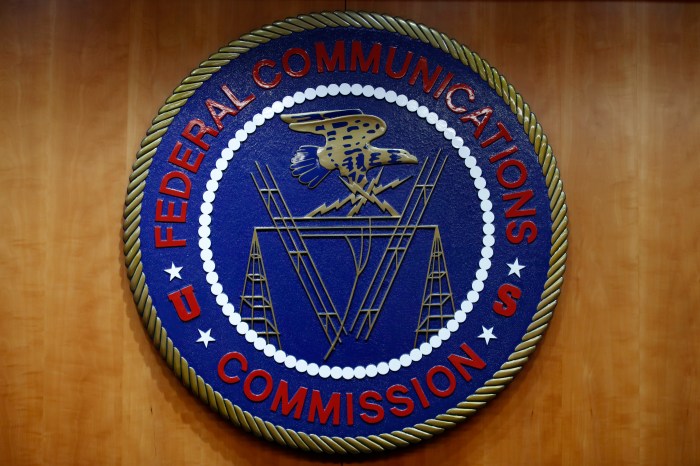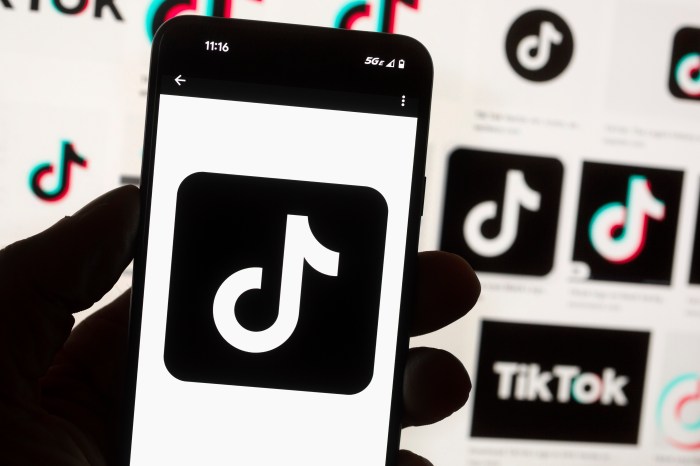Microsoft on Thursday said its profit rose 20% for the January-March quarter as it tries to position itself as a leader in applying artificial intelligence technology to make workplaces more productive.
The company reported quarterly net income of $21.93 billion, or $2.94 per share, beating Wall Street expectations for earnings of $2.82 a share.
The Redmond, Washington-based software maker posted revenue of $61.86 billion in the period, its third fiscal quarter, up 17% from the same period a year ago. Analysts polled by FactSet expected Microsoft to post revenue of $60.86 billion for the quarter.
Microsoft doesn’t spell out how much money it makes from AI products, including its flagship Copilot chatbot that can compose documents, write code or generate images. But it has infused the technology into its main lines of business, such as cloud computing contracts and subscriptions for its email and other online services.
Quarterly revenue from Microsoft’s cloud computing business segment grew to $26.7 billion, up 21% from last year’s January-March quarter. Revenue from the company’s productivity services – such as its Office line of products – rose 12% to $19.6 billion.
Businesses pay Microsoft $30 per employee each month to add Copilot to a workplace subscription for its package of services that includes email and spreadsheets.
Gartner analyst Jason Wong said many of Microsoft’s customers have shown a strong interest in giving generative AI a try but don’t all have a solid plan for a practical use that justifies the cost.
“It’s still very early,” Wong said.
Microsoft’s generative AI products rely heavily on its multibillion-dollar investments in business partner OpenAI, the maker of ChatGPT. Microsoft also unveiled a new set of leaner homegrown AI language models called Phi-3 earlier this week and has been partnering with other startups — such as France’s Mistral — to offer a variety of AI systems through Microsoft’s Azure cloud computing platform.
Some of those partnerships are under regulatory scrutiny in Europe and the U.S. over concerns they might thwart competition in the AI industry.
While Microsoft continues to try to build enthusiasm for an AI-driven future, it still has challenges in shoring up its legacy computer services.
A federal cybersecurity safety board issued a scathing report earlier in April saying “a cascade of errors” by the tech giant let state-backed Chinese cyber operators break into email accounts of senior U.S. officials. The report cited shoddy cybersecurity practices, a lax corporate culture and a lack of sincerity about the company’s knowledge of the targeted breach.
It concluded that “Microsoft’s security culture was inadequate and requires an overhaul” given the company’s vital role in the global technology ecosystem.
Companies that rely on Microsoft for email and other workplace services are looking closely at how it responds, Wong said.
“Certainly there are clients that are interested in understanding how Microsoft goes forward to be more careful about their own internal policies when it comes to security,” he said.
Microsoft’s personal computing business, centered on licensing its Windows operating system, made $15.6 billion for the quarter, up 17% from last year.
Microsoft stock rose about 4% in after-hours trading Thursday.
The company said it expects to spend more in the coming months as it builds up the infrastructure for building and running AI systems.
“Near-term AI demand is a bit higher than our current capacity,” said Amy Hood, Microsoft’s chief financial officer, on an earnings call Thursday.



















